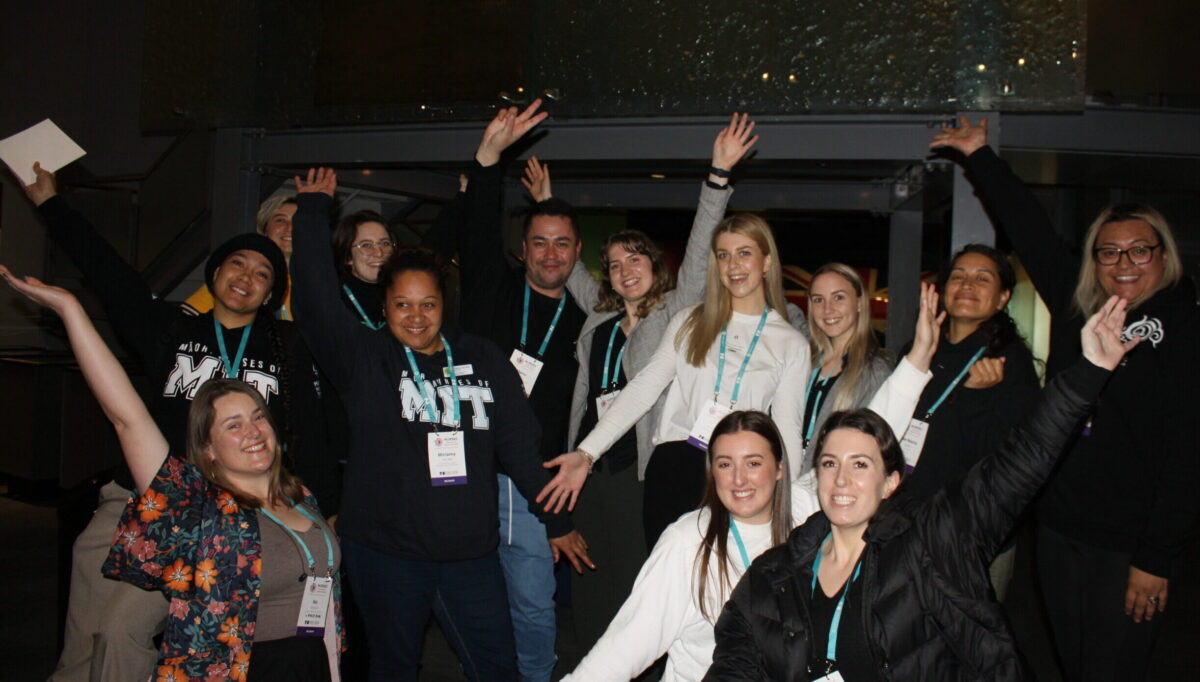National Party leader Christopher Luxon said at the weekend if elected, National would pay $22,500 off nurse and midwife student loans in return for graduates working in New Zealand for five years.
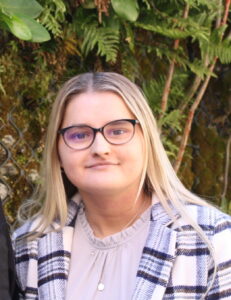
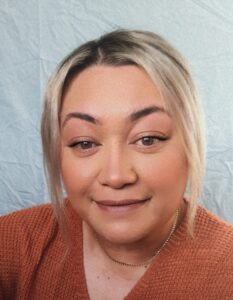
But NZNO student co-leaders Rebecca Dunn and Anna Clarke said National’s approach would not help students when they needed it — while studying.
Unpaid work placements of up to 600 hours per year in the final stages of the bachelor of nursing (BN) degree were the biggest financial strain.
“That’s where we’re losing students, during placements — particularly during their last placement in their third year, because they cannot afford to feed themselves and get to placement and pay for everything that they need for daily life while they’re doing 40 hours of unpaid placements.
‘That’s where we’re losing students . . . they cannot afford to feed themselves and get to placement and pay for everything that they need for daily life while they’re doing 40 hours of unpaid placements.’
Research in 2021 suggested about third — 29 per cent — of nursing students drop out, with higher rates for Māori (33 per cent) and Pasifika (37 per cent).
BN students must complete at least 1110 hours clinical experience in their three-year degree, mostly in their second and third years, as well as a transition-to-practice placement of 9-10 weeks.
NZNO’s national student unit has called for paid placements and fees-free training for the entire three-year nursing degree, as the best way to grow the nursing workforce, particularly Māori.
‘Just pay us internationally competitive rates and we’ll stay.’
Former health minister Andrew Little said in November the Government was “actively considering” paying third-year students for their placements “as soon as possible”.

Minister of Health Ayesha Verrall has said that clinical placements were “an important area” to support students, and Te Whatu Ora was “actively working” on a proposal to do that. She told RNZ this week that could mean paid work as health-care assistants on placement.
Asked by Kaitiaki whether paid placements were on the horizon, Verrall would only say “a range of other workforce initiatives are being considered in support of our nurses”.
Asked about free training, she said raising pay was the first priority, as per the $500 million interim equity payments to Te Whatu Ora nurses in March.
‘Brainless’ policy?
Youth health nurse Mikey Brenndorfer described National’s policy as “brainless”.
“It does nothing to increase the number of nurses going through training and does nothing to prevent senior/experienced nurses from leaving — the loss of skill mix is the problem,” he said.
“Just pay us internationally competitive rates and we’ll stay.”

NZNO had already made it clear with its Maranga Mai! five fixes what steps would help with the shortage of nurses. “If any party wants to address the issue, they can use our blueprint,” Brenndorfer told Kaitiaki.
‘It will at best delay the departure of junior nurses by a few years, still resulting in a growing deficit of experienced, expert and senior nurses.’
National’s proposal “slightly” increased the amount new graduates could get in the current bonding scheme, Brenndorfer said, “but when you consider that National intends to remove fees-free study in the first year, meaning new grad nurses will be graduating with larger student loans than they currently do, the end result of this policy will be nearly identical to the status quo”.
On the existing voluntary bonding scheme, registered nurses (RNs) who graduated in 2022 can get $8500 after three years’ working in hard-to-staff specialties such as aged care or mental health, or regions such as the West Coast, Wairoa or South Canterbury. They can get another two payments of $2800 for a fourth and fifth year, bringing the potential total payments to $14,100 over five years. Enrolled nurses (ENs) can get the same if they work in aged care or mental health.
Under National’s proposal, recent RN and midwife graduates would get $4500 per year paid off their student loans in return for working in New Zealand for five years — a total of $22,500.
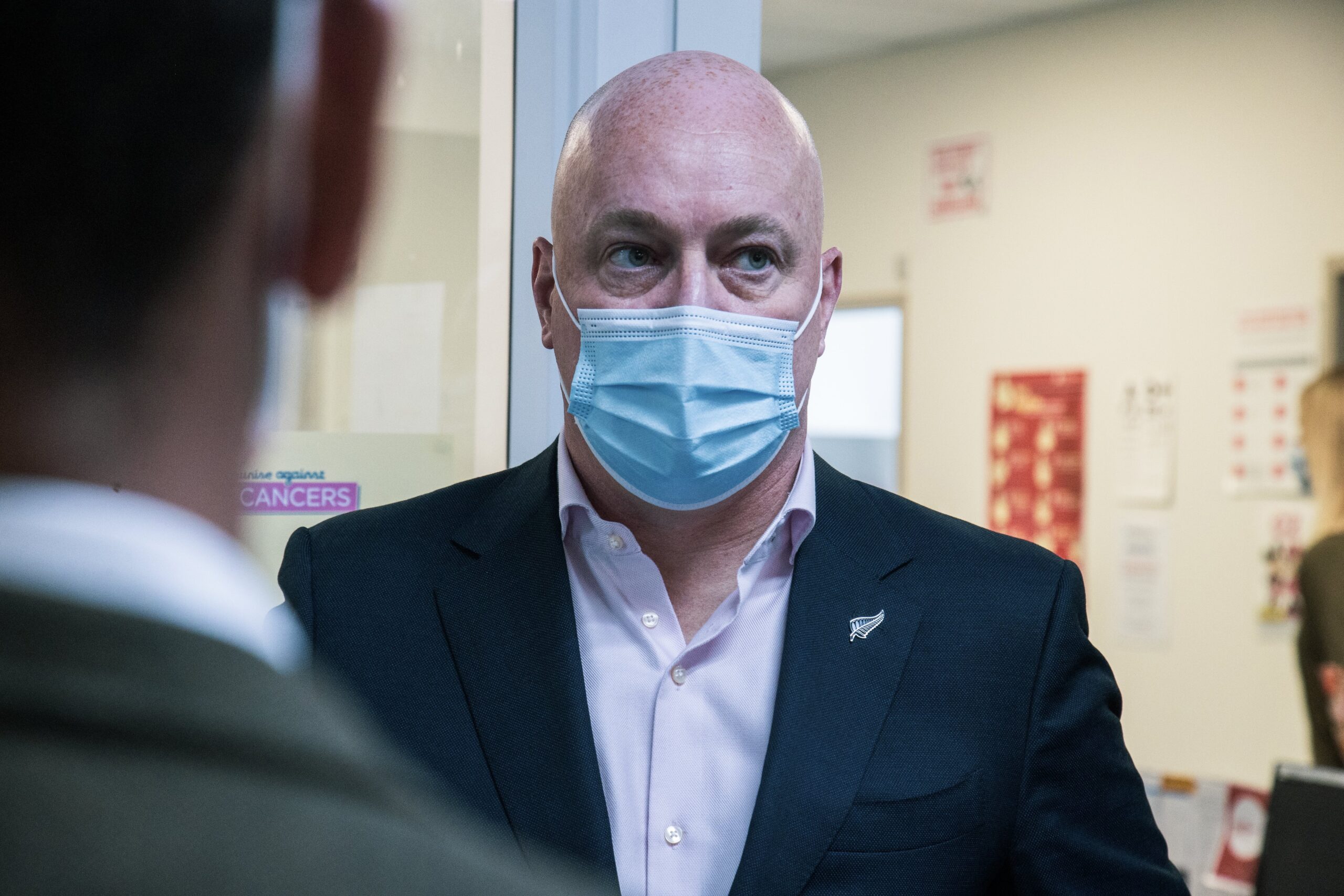
However, the plan did nothing to address the real issue of safe staffing levels, Brenndorfer said. “It will at best delay the departure of junior nurses by a few years, still resulting in a growing deficit of experienced, expert and senior nurses.”
‘What about all of us who’ve paid off our loans and done the hard yards?’
Meanwhile, Brenndorfer said he was “constantly” targeted with ads from Australia and Canada, “trying to recruit me with offers of annual pay over $25,000 more than I’m getting right now, more than National is offering as student loan write off over five years. National’s policy here can’t compete with that draw card”.
Urgent care practice nurse of 10 years Nicola Ferguson said it was a “start” but wouldn’t help experienced nurses.
“What about all of us who’ve paid off our loans and done the hard yards? They need to get all these nurses back from overseas, and make it liveable,” she said.
“They’re the ones you want to keep, they’re the ones you want to get on the floor. . . . we’ve worked so hard for so long.”
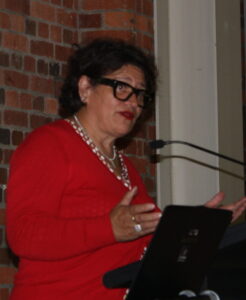
NZNO kaiwhakahaere Kerri Nuku said the plan only benefited a few and didn’t address the bigger issues.
“Students drop out because of financial pressures, and other things, so [the policy] only rewards people who have got through their training,” she said. “We’re not helping the supply chain, for students to actually graduate.”
New graduates then ended up working in the most “toxic and unsafe environments”, she said.
“We’ve got little time to care, we’ve got shifting models of care, so we haven’t done anything to stabilise the environment and make it safe to work in.”
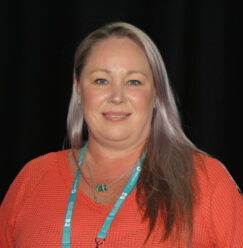
NZNO college of gerontology nurses chair Natalie Seymour said it would be better to focus on attracting people into nursing study then retaining them. There were not enough graduates to fill existing vacancies in cities, “so finding many willing to be incentivised to go to areas of high need seems unrealistic”.
‘Once again, this is reflective of ‘doing for nurses, without us’
NZNO president Anne Daniels said while any effort to boost nurses was welcome, National had not talked to NZNO prior to their announcement. “Once again, this is reflective of ‘doing for nurses, without us’ — and that is something we cannot continue to allow to happen.”
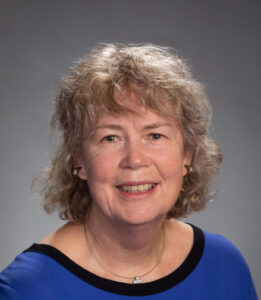
NZNO wanted to work collaboratively with Government, employers and educators, on recruiting and retaining nurses through a range of initiatives — including ensuring good preceptorship and placements for students.
“Until that happens, these one-off, headline-grabbing political announcements by political parties — in an election year — will not be conducive to gaining the votes they want.”
Remember to sign NZNO’s petition calling for more nurses and better pay this election year!


